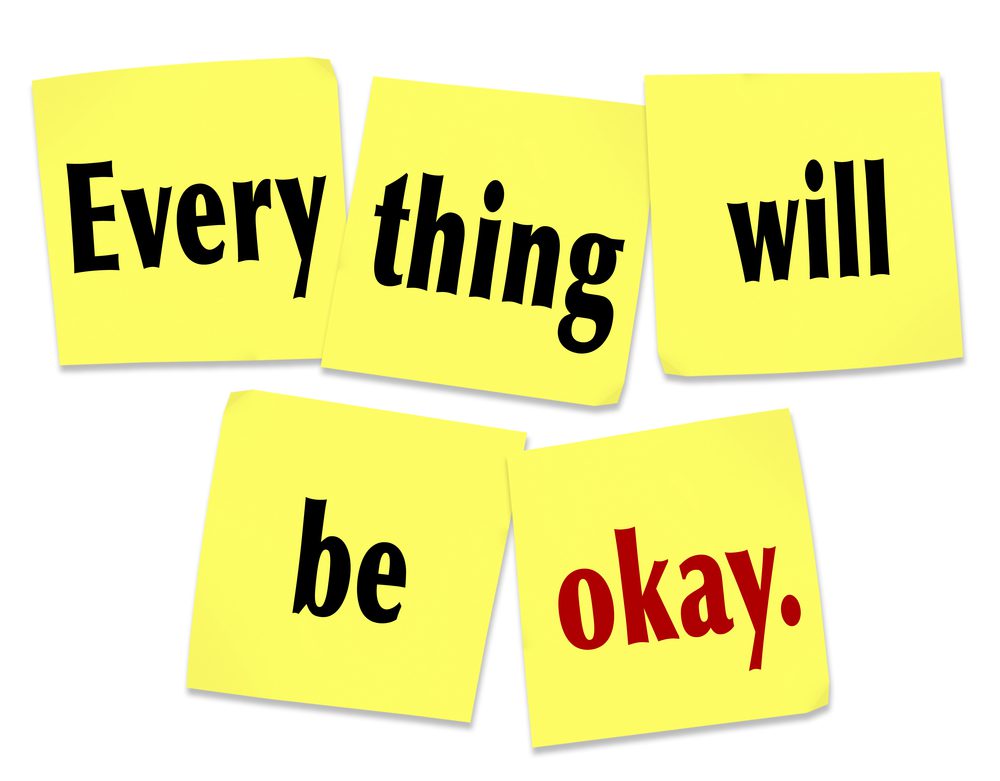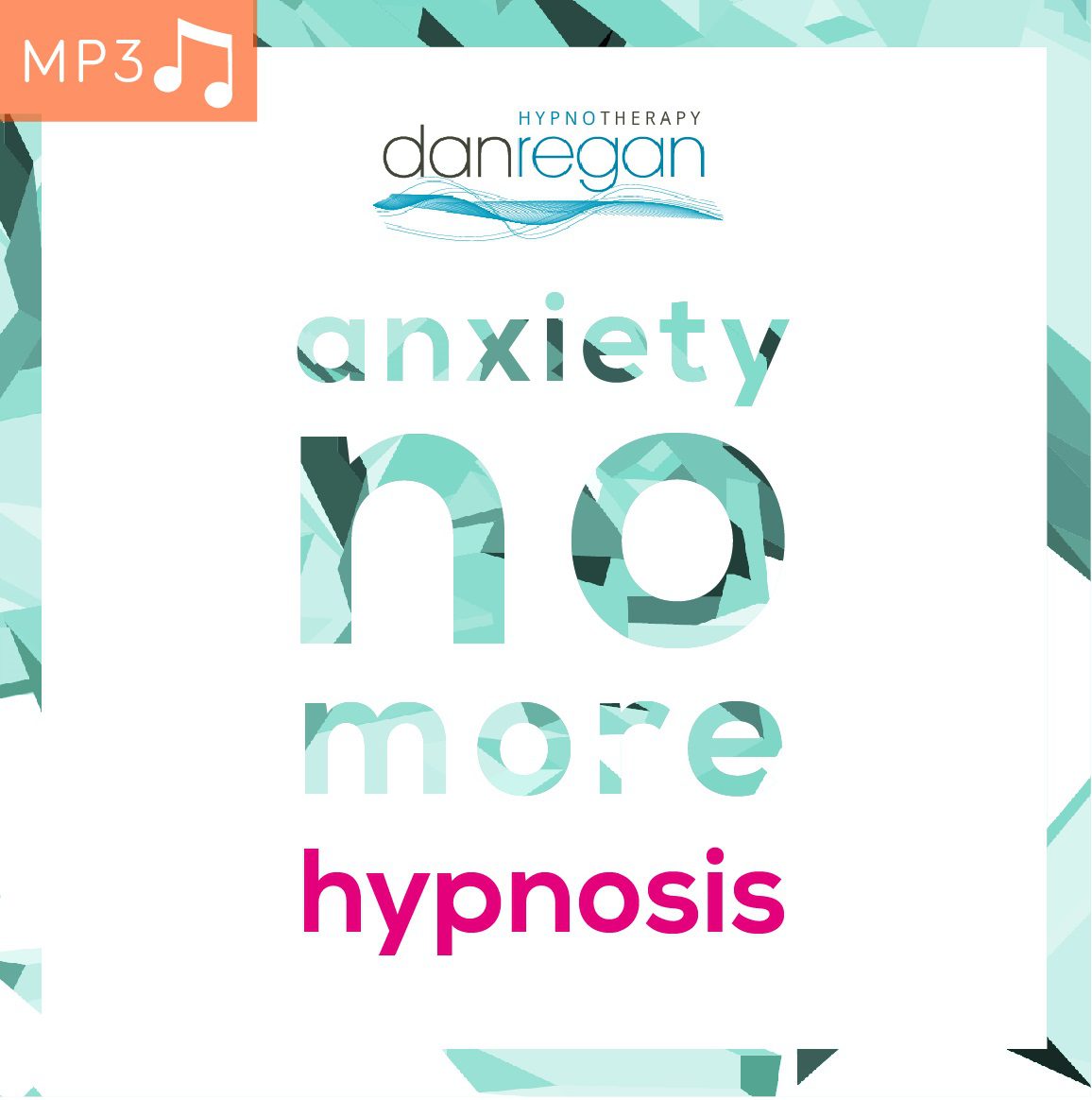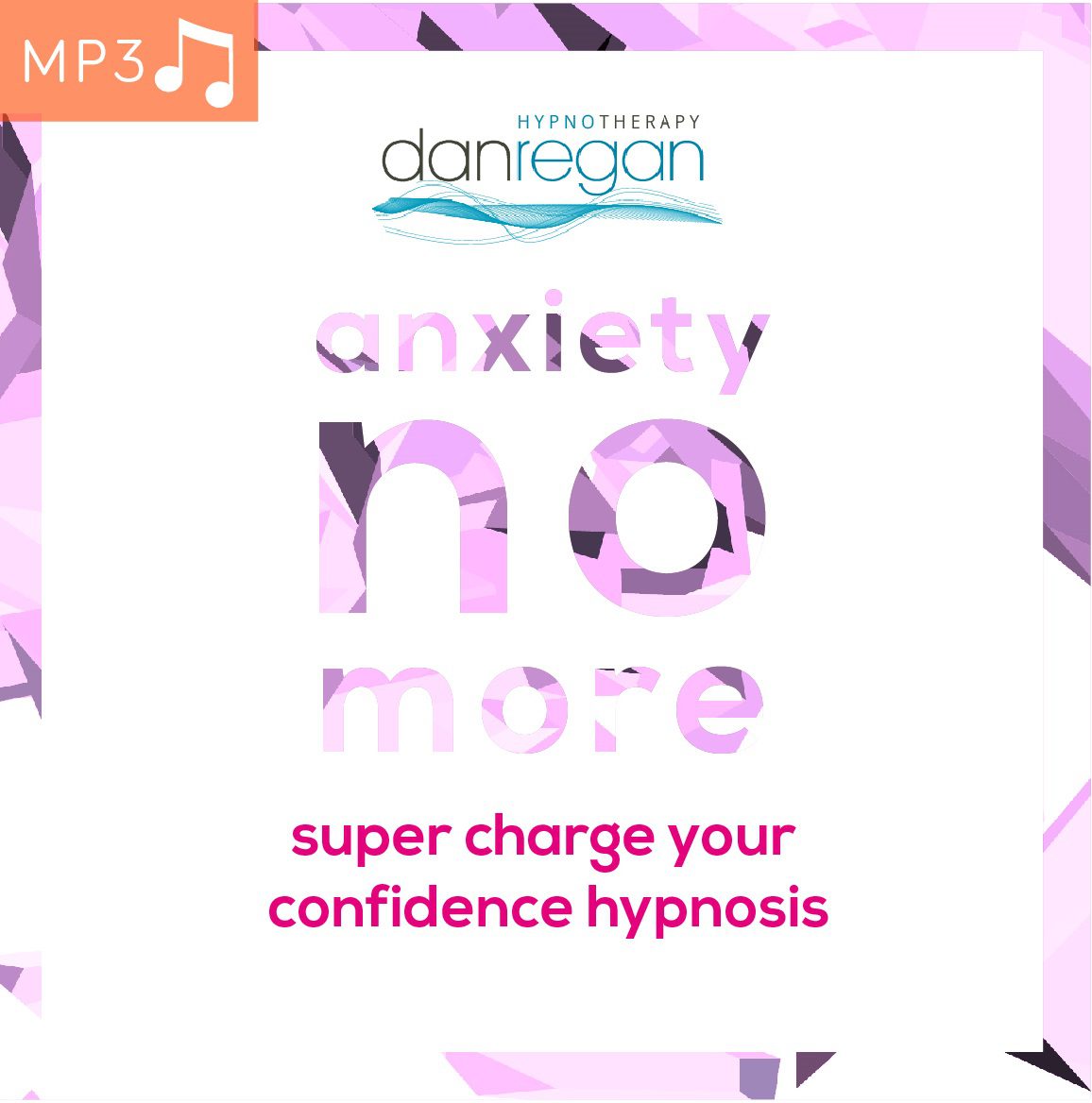Required
Exam Stress and Test Anxiety Help
Exam Stress and Test Anxiety Help – Hypnotherapy in Ely and Newmarket
Exam stress and test anxiety can stop you learning, absorbing and applying all the things you know that you know.
No matter how easily you can recall all that information whilst feeling calm, once the exam stress and test anxiety kick in, you can find yourself feeling sick, on edge, going blank, unable to think clearly and a whole array of other overwhelming stress symptoms.
You may get so much stress and anxiety that you can’t think straight to revise, or maybe it’s in the lead up to the test that you can’t sit still, sleep or eat properly. And many people I have helped talk about going blank in the exam room with an escalating sense of panic.
However it affects you, how can you take control over your exam stress and test anxiety?
Exam Stress & Test Anxiety Causes
For some people, the pressure and stress of exams can be a real motivator that gets them focused, fired up and pushing towards peak performance. They seem to thrive on the demands of revision and the test room atmosphere.
But if that isn’t you then you may find that the nearer the exam date gets, the more anxiety you have about the whole thing.
You may find yourself imagining everything going wrong: your mind going blank as you turn the paper over, not finding the time to revise as much as you want to and remembering previous exams where you didn’t do as well as you hoped.
You may feel the pressure building, almost like a physical weight pushing down on you, as well as the pressure from others and the pressure you put on yourself.

You may also start to imagine what other people will say when it has all gone wrong: your family, teachers and friends as well as what you’ll say to yourself about being such a failure and how it will impact on the rest of your life.
And then you may even actually start to feel as though you’ve already failed – perhaps that sick sort of feeling at the pit of your stomach, as well as a feeling of overwhelm and despair.
But if you stop for a second and think about it – there’s no real reason why you need to see those pictures, hear those words, tell yourself negative things or feel bad.
Does this resonate with you? What if it was easy? Imagine if you could see everything go exactly as you want it to, with all those positive voices congratulating you on your success? What if you could tell yourself how good you are and have all the amazing feelings that go with it?
Wouldn’t that feel great? Imagine the control you would have between now and your next exam and how amazing you will feel when you see your results, with the full knowledge inside that you achieved your best.
If this sounds good to you then read on, apply the simple tips and techniques below for success.
Overcoming Exam Stress & Test Anxiety: Before the Exam
1. Remember Good Times
There was a time when you learnt something easily and effortlessly wasn’t there? A specific time when everything went well all the way through your learning, revision, exam and with the end result you wanted?
As you think back to that time, close your eyes and get in touch with how it was – what you saw, heard, felt and those positive things you were saying to yourself. As you enjoy going back and reliving that time, get in touch with those good feelings and bring them back with you as you open your eyes.
After you have done this a few times, as you go back to that time in your mind now, it can be helpful to just notice what is present there that is missing in the times when you feel the anxiety and stress. Then takes steps to recreate it now.

2. See It How You Want It
You can train your mind to perform exactly how you want it to on exam day.
You may have heard it said that what you focus on increases. Some people call this the “law of attraction” and although a lot of people are sceptical, there is growing scientific weight to the principle. So if you concentrate on how badly things could go, your mind looks to deliver that for you to prove you right! Now that’s being the wrong sort of right!
So what you need to do is visualise things going perfectly.
This process will help –practice it for five or more minutes every night:
- Bring to mind your goal in relation to your exams – it could be to succeed, to get your grades, to be relaxed in the exam room or something else.
- Close your eyes and picture a movie screen in front of you and below you. See yourself in the movie as you are now – just watch things develop as you think they will. Notice the sights and sounds and the feelings that you are experiencing on screen.
- Notice what you would like to change – it could be adding feelings of confidence, calmness or control. Maybe you are remembering things better; maybe you have the concentration and all the energy you need to perform.
- Once you’ve noticed what you would like to change, imagine beaming those resources, thoughts and feelings to the you in the movie. Watch how the movie changes so that it all starts to happen exactly as you would like it to.
- Keep adjusting the movie until everything happens perfectly all the way up to and after your exam. If you notice anything you want to change, just beam those resources down into the you in the movie.
- Then step into yourself in the movie so you are looking through your own eyes. See what you’ll be seeing, hear what you are hearing and feel what you are feeling having achieved your exam goals. And then make the feelings more intense, the picture bigger and brighter. What are you saying to yourself? Make your own self talk positive and motivating.
- Ask yourself: ‘this, or something better?’ and allow everything to become even more empowering.
- When you are ready, step out of the movie at the exact moment when you know you’ve achieved your goal. Imagine taking that image and locking it into your future at exactly the time and date when it will happen.
3. Eliminate the Anxiety
Anxiety is just your mind picturing everything going wrong so if it does happen that way, you’ll be fully prepared to deal with it. You could say your mind is trying to protect you by getting you ready.
The following easy process will help you switch this thinking so you see, hear and feel the event going well – and then you can train your mind to prepare for it to happen that way.

The more often you do this process, the better the results you’ll have.
- Close your eyes and just imagine you have a line of your life with your past in one direction, and your future in another direction. Whether you see the line, hear it, feel it or just know it’s there, is perfect. Experience it exactly in the way that’s right for you.
- Imagine floating up above your line, right above now so you are looking down upon now. Just get way up above the line of your life.
- Bring to mind the specific exam you are anxious about. Then float out above your life-line into the future and go to 15 minutes after the successful completion of the exam you thought you were anxious about.
- Turn and look back towards now having successfully completed the exam exactly the way you want to go. If you have been practicing the exercise on seeing it how you want it, you will have an image of the exam going perfectly, with all the sounds, sights, feelings and confident self-talk that goes with it.
- You’ll wonder where the anxiety is. It’s completely disappeared!
- Looking back you may also notice some other things about the exam – you can see how calm and relaxed you feel, how easily the information flows onto the page and how focused you are on showing what you know.
- Then take a moment to look all the way back along your time line to now and notice how all the events between then and now realign themselves to support achieving your exam goal.
- Then turn and look towards the future and notice some of the amazing things that will take place because you performed so well at your exam.
- And when you are ready just imagine floating back above your life-line, back to the present time, down into the now and open your eyes.
Practice this regularly and soon you will be feeling calm and confident and ready to get started in the test room, free of exam nerves.
4. Get Enough Sleep
It’s easy to have thoughts of the exams, what you’ve been learning and what you need to learn, floating around your head while you’re trying to get to sleep. However, getting enough sleep and rest is key to performing effectively and having the energy and concentration to succeed.
This is a very simple process that will help you switch off all those thoughts until the morning:
- As you lie in bed at night, just before you go to sleep, imagine you have a worry bag or box for keeping all your worries safe in one place – you can decide what your own bag/box looks and feels like.
- Hold the worry bag up close to your mouth and slowly say each of your worries into it one at a time (you can whisper them if you don’t want anyone to hear!). Make sure each one goes right inside the bag and stays there. You may start to notice that your bag fills up and it may start to get a little heavier.
- When you think you’ve put all your worries in the bag, just pause for ten seconds and check if another one pops up. If it does, put it in the bag.
- When all your worries are in the bag, picture tying a great big, tight knot at the top of the bag so you can be sure you are keeping all your worries nice and safe. Then put the bag down by the side of your bed so you know where it is.
- Knowing that all your worries will still be there for you, allow your mind to start to relax (you may want to play a nice relaxing hypnosis track or other relaxing music to help you).
- In the morning the choice is yours – leave the bag where it is and go on your way or open it up and take all your worries back with you so you can deal with them.

5. That Voice in Your Head
Does your self-talk support you? Or does it criticise you and make you feel bad and unworthy? If that voice in your mind is unhelpful or critical then you’ll want to take action to turn it around to support you.
Chances are that voice has always been that way and is now negative out of habit. At some point in the past that negativity may have been useful but now it’s stopping you getting where you want to be.
Do this process often to help your internal voice support you more effectively:
- The next time that critical voice appears, listen carefully to what it says and how it says it.
- Ask the voice, ‘what are you trying to achieve for me by saying this?’ and listen for the response. Keep asking until you get an answer that is seeking to get a positive outcome for you.
- When you get to a positive intention you agree with, thank the voice for wanting this for you.
- Knowing this is the outcome, ask that voice to find new ways of helping you achieve it. This could be by changing what it says, how it says it or even when it says it (e.g. ask the voice to say positive things in a confident, empowering tone just before you start the exam). Make sure that both you and your internal voice agree on how it will support you to succeed. You can use the next section to help you.
6. Positive Talk and Affirmations
It’s often said that what we focus on increases so make sure you focus on what you do want (rather than what you don’t want).
For example, consider these two thoughts: ‘I don’t want to get stressed’ and ‘I want to stay calm’. Both aim to get a similar result but the first focuses on stress and the second on calm. Which would you rather focus on – stress or calm?
Make sure your thoughts are focused on what you want such as success, confidence, calmness and relaxation.
Many people use affirmations to remind themselves of what they want so you may want to say to yourself something like ‘I can handle this’ or ‘I am calm, confident and relaxed’. Use whatever works for you that is positive. The more often you repeat it to yourself (in your head or out loud), the stronger the feeling becomes (if it feels like you are faking it at first just keep doing it and soon you’ll find it has become real for you).

7. Relaxation
Find time to relax and build it into your plans. How you relax is up to you. It could be listening to relaxing music, meeting friends, yoga, reading or something different. Just make sure you put all your work to one side and do something else.
If you need help to physically feel calmer and to shut off those thoughts then you can download my free anxiety and stress relief audio.
8. Exercise
Exercise is amazing for helping with stress and anxiety. It gives you a break from studying, you can easily release any tension that’s built up and it leaves you in a positive state of mind. You may also be surprised when the answer to something that’s been on your mind suddenly jumps out when you weren’t thinking about it at all. Whatever you like to do – get out there and do it!
In addition…
Timetable it: Make a timetable/plan of the revision you need to cover and stick to it. Staying up all night before an exam to do last minute cramming is not the way to get results.
Confused? If there is something you don’t understand in the course content, seek help as early as possible. That way you can get to grips with it way before the exam date without needing to worry.
Exam Dates: Make sure you know the exact date, time and location of your exams, along with what you need to take with you (e.g. textbooks).
The Night Before: Make sure you’ve got everything you will need packed and ready. If you can, find some time to relax before bed, and get to bed at a reasonable time (remembering to set your alarm…).
Overcoming Exam Stress & Anxiety: Exam Day
1. Eat Breakfast
Probably the most important thing you can do on exam day is eat breakfast. I used to feel sick in my stomach on exam day morning but forced myself to eat something because I didn’t want to be short of energy in the exam room. So make sure you eat something at the start of the day and if you can, eat some healthy snacks throughout the day to keep your energy levels high.
2. Relax!
To perform at your peak you want to be as relaxed and focused as you can. Practice taking slow deep breaths, counting for three on each in breath and out breath as you say something positive in your head (see below). If you can it may help to close your eyes.
I used to find that being quiet and away from others helped me to keep in the right frame of mind. I wanted to keep my knowledge and thoughts locked in place – the worst thing for me would be for someone to start telling me how little revising they’d done (rarely true), or how confused they were about this bit or some other bit or how stressed they were.
Pre exam stress and panic can be infectious – so keep away from it and stay infection free. There’ll be plenty of time to talk about the exam afterwards!

3. Trust
You’ve done the hard work revising and preparing so trust that you will remember everything you need to and will perform in the exam room.
It may help to say to yourself in your head ‘I can do this’, ‘I trust myself to deliver’, ‘I will handle it’ or another phrase that resonates with you.
When you are outside the exam room, waiting to go in, there is no time for last minute panic learning – the most important thing you can do is get in the right frame of mind to perform.
Sometimes you’ll be just outside the exam room and that internal voice in your head will start throwing negative things at you like ‘you’re never going to pass this’ or ‘who are you kidding thinking you’ll be able to answer all the questions?’ or something similar. If this happens, it’s just your internal voice telling you these things out of habit (especially if you’ve experienced exam anxiety before). There are a number ways to respond in your mind – you could say ‘thank you, but I’d prefer it if you could focus on helping me achieve success today’ or ‘thanks, but can we worry about that afterwards’ or you could tell the voice to ‘shut up’ or ‘get lost’ (or stronger words of your choosing!). Which way works best for you?
4. Before you write anything…
They’ve told you to turn the paper over…before you write anything read through the paper. Make sure you are comfortable with how many questions you need to answer and from which sections. Keep an eye on the time to make sure you spend the right amount of time in the right places.
The biggest mistake I ever made was not reading a question properly and answering what I thought it said (or what I wanted it to say!) rather than what it actually said. That one mistake cost me at least two grades off my final result. Learn from my mistake!
How To Conquer Exam Stress and Test Anxiety
Putting the above steps in place will go a long way to conquering your exam nerves, anxiety and stress, and if you need more support to allow you to perform to your potential in the exam room then ask to book your free initial consultation. Together we can make sure that you perform on the day.
To your success
Dan Regan
Exam Stress and Test Anxiety Hypnotherapy in Ely & Newmarket
Struggling with anxiety, stress, worry and fear and need some help? Find out how I can help with a Complimentary Hypnotherapy Strategy Session. Learn more here: Appointments
Find out what dozens of other people have said after their hypnotherapy sessions with Dan: Hypnotherapy Testimonials
And check out these powerful hypnosis downloads that can start helping you right away with anxiety, confidence and more: Hypnosis Downloads
You may also be interested in:
Get Your Copy Right Now…
Subscribe to Dan’s Digest filled with tips, strategies and techniques and get instant access to your free rapid relaxation hypnosis audio track.
Enjoy feeling and being more mentally calm and physically relaxed right now:


 /a>
/a>


0 Comments